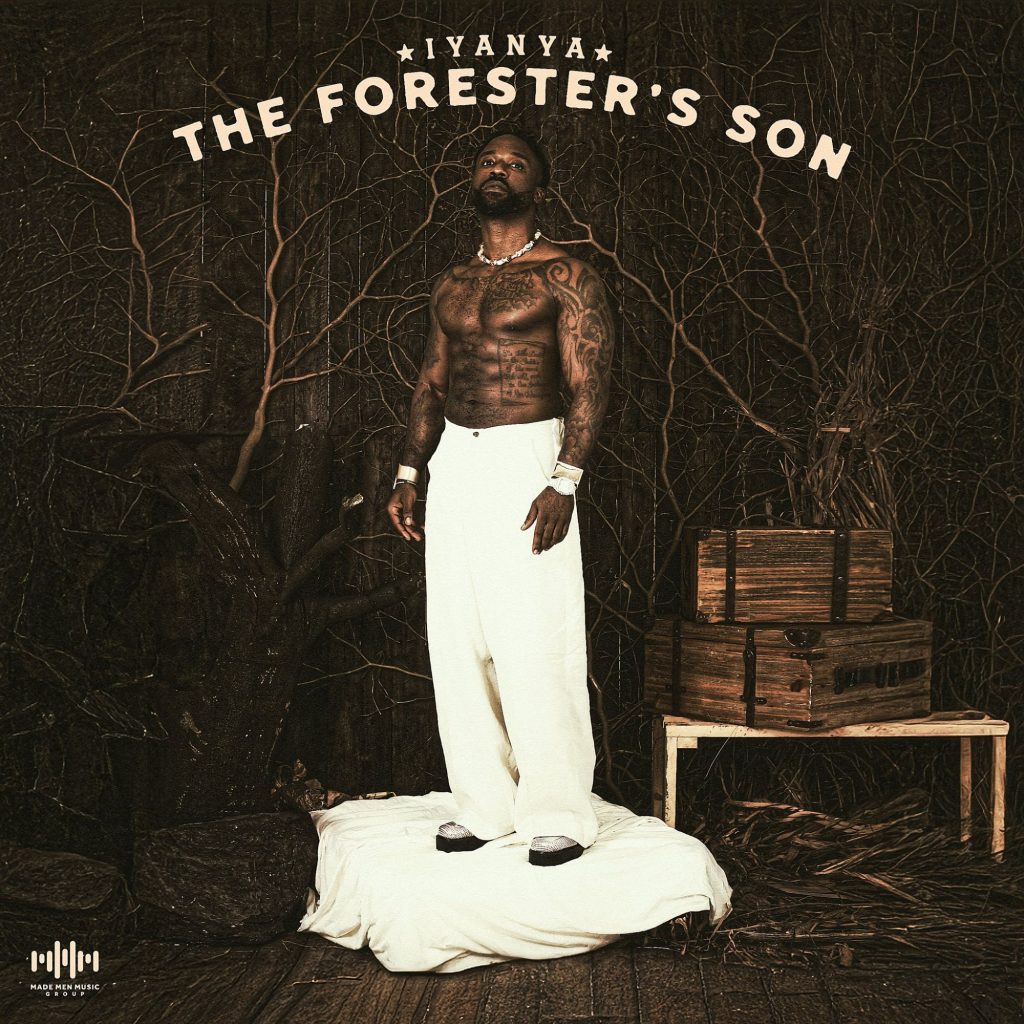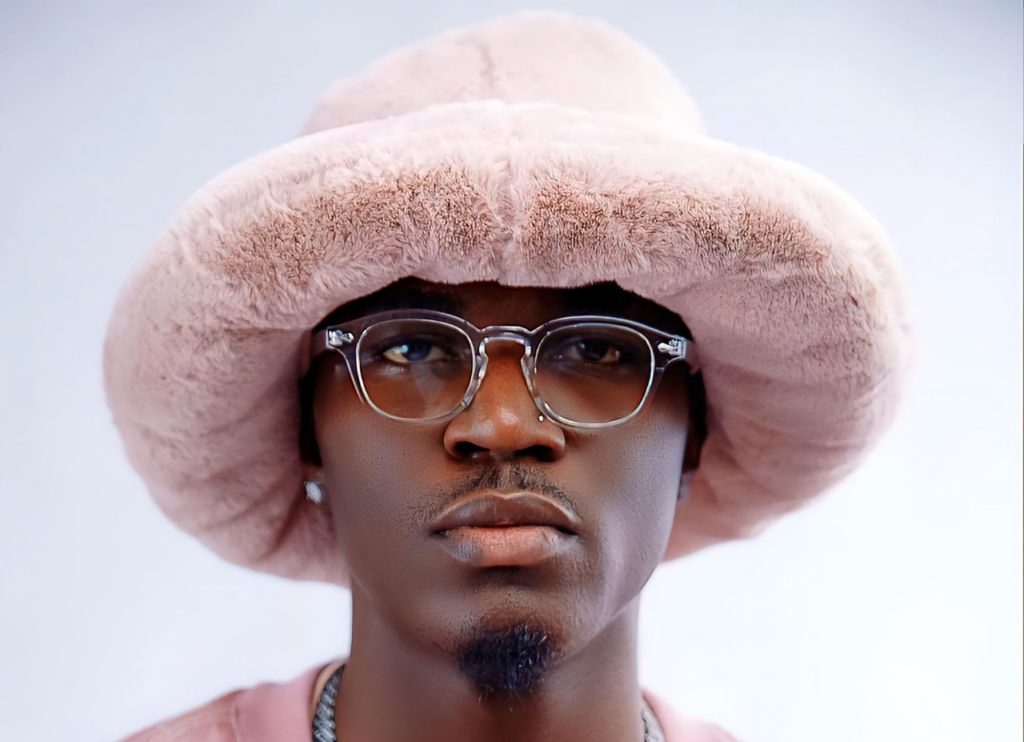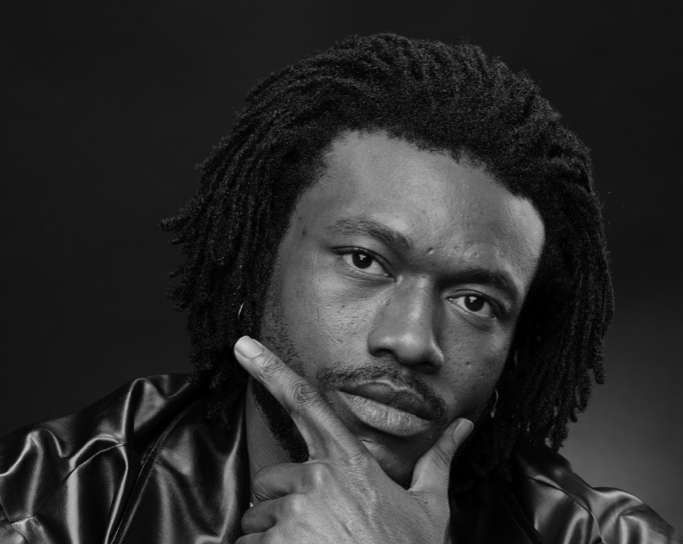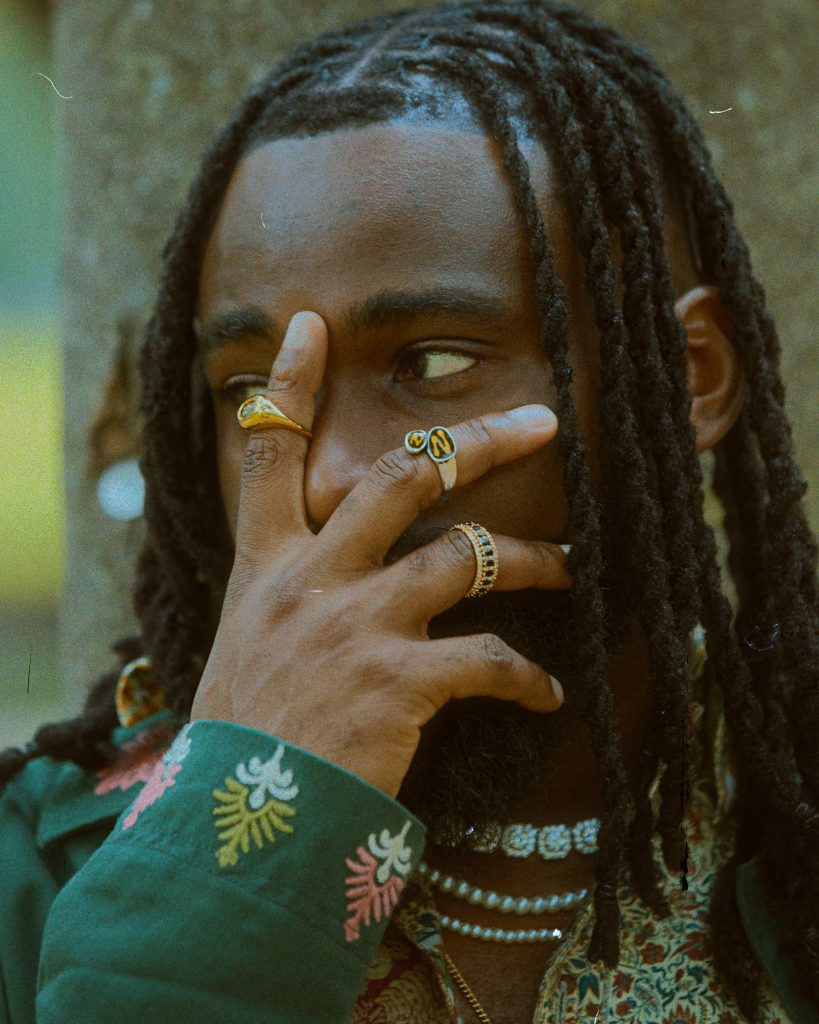The inception of African music crossover moment isn’t the streaming era. Yes, the internet and streaming platforms have made the propagation and consumption of our music much more seamless and faster, and the perception of our superstars more feasible, such that they are gradually getting entrenched in the global mainstream—the movement however, didn’t start this decade or the last. It was a gradual build-up and culmination of several events from generations back.

From King Sunny Ade’s revolutionary stage performances and acclaim in Europe and North America in the 70’s, to Fela’s global disruption in the 80’s and sparse foreign successes like Asa’s Asha, charting on premiere Europe charts in the 2000s—African music’s journey to the global zeitgeist started with small, but precise and monumental steps. In the 2010’s, our mainstream superstars got co-signs from American artists. D’Banj featured Snoop Dogg on Mr. Endowed remix, P-square featured Rick Ross on Beautiful Onyinye remix and the floodgates for cross cultural moments opened.
D’Banj’s Oliver Twist broke into the UK and charted in the top 10 singles chart, but perhaps the most eventful cross cultural moment didn’t happen until 2016, when the continent’s biggest star, Wizkid got featured on a #1 Billboard Hot 100 record, Drake’s One Dance alongside British singer, Kyla. In the ensuing years, other African artists like Davido and Burna Boy would also score successful crossover records in Fall and Ye, that although didn’t chart on the Hot 100, were gateway hits nonetheless that would pave the way for future success.
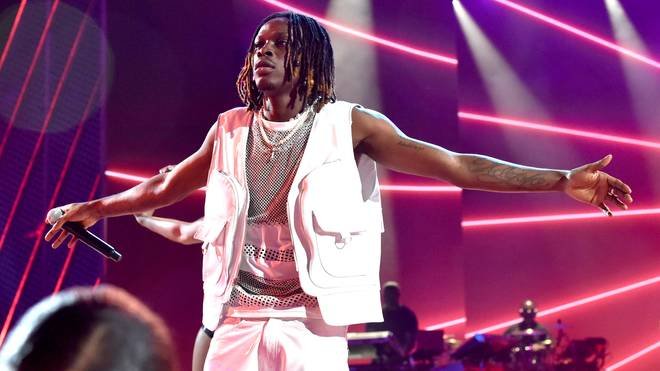
As of today, 7 songs owned by African artists have debuted on the Billboard Hot 100. Wizkid’s Essence, Ckay’s Love Nwantiti, Amaarae’s Sad Girls Luv Money, Fireboy DML’s Peru, Burna Boy’s Last Last, Tems’s Free Mind and Rema’s Calm Down. Essence peaked the highest at #9, whilst on the UK singles charts, Peru peaked at #2 and is also the 2nd biggest song of the year. Basically, in the past 2 years, Afrobeats has taken major crossover strides that many didn’t see coming.
As there are crucial crossover hit records like the aforementioned songs, there are also crucial crossover Afrobeats albums. In fact, the most important crossover Afrobeats album is Wizkid’s Made In Lagos. Burna Boy’s Love, Damini and Twice As Tall have also charted high on the Billboard 200 and UK Album charts, with the latter even winning a Grammy. However, it was MIL that notched a gold certification in the US, this year, which is the strongest metric for commercial success and consumption. But what exactly made Made In Lagos, successful?
Asides from the significance of the previous milestones achieved by Wizkid himself and other African artists in paving the way, Made In Lagos was a successful tactical operation by an ingenious Wizkid team that many don’t recognize. TAT is the project people view with a strategic lens, geared towards the Grammys, whilst MIL is often perceived as feel-good music. Perhaps, there is substance in the fact that the latter isn’t as tactical as the former, but its execution was precisely orchestrated nonetheless for mainstream crossover success.

First of all, MIL managed to sound inherently African and modern at the same time. This means it drew sonic influences from fundamental African genres like Afrobeat, the genre created by the legendary Fela—that would go on to birth the terminology, ‘Afrobeats’ that encompasses various western-influenced African sounds. The melodious horns, subtle highlife synthesizers and overall pathos of the album exuded a strong ambience of being on a sophisticated, African scenery.
This helped to serve the narrative and pan-African perception to foreigners of what they believe an African project should sound like. Asides Afrobeat, MIL also incorporates Caribbean sounds in its drum patterns, kicks and arrangements. It’s no news that the Caribbean region is the part of America that has ties that runs deepest with African roots and culture. So using an element of a region that is somewhat of a cultural bridge between America and Africa, as a unifying theme in an African project is always going to pay off. In a way, the sounds have been made more relatable to the average American.
The features are also quite strategic and targeted at certain spheres in the western world. Skepta is one of the pioneers in the British Hip-Hop scene and also a cultural figure. Damian Marley is a Jamaican DJ, a native of a country in the Carribean, which certain elements of MIL’s sonics cater to. H.E.R. and Ella Mai are bright and fresh R&B talents in America and Britain, respectively with faithful followings of a younger, new generation of a streaming demographic. Tay Iwar is a soul/Afro-R&B artist that appeals to the Africans in the diaspora and black folk in general. Projexx is another dancehall artist that coasts on the familiar terrain of Caribbean sounds.
All these factors contribute to ‘Made in Lagos‘ being a familiar soundscape territory for foreigners—in comparison to its other counterpart albums, out of Nigeria that are even more critically acclaimed. Of course, none of these would matter if it wasn’t good music in the first place with substantial replay value. Nonetheless, it would be folly to think MIL’s execution was one that thrived off the simplicity of curating good songs, just because it isn’t a concept album.
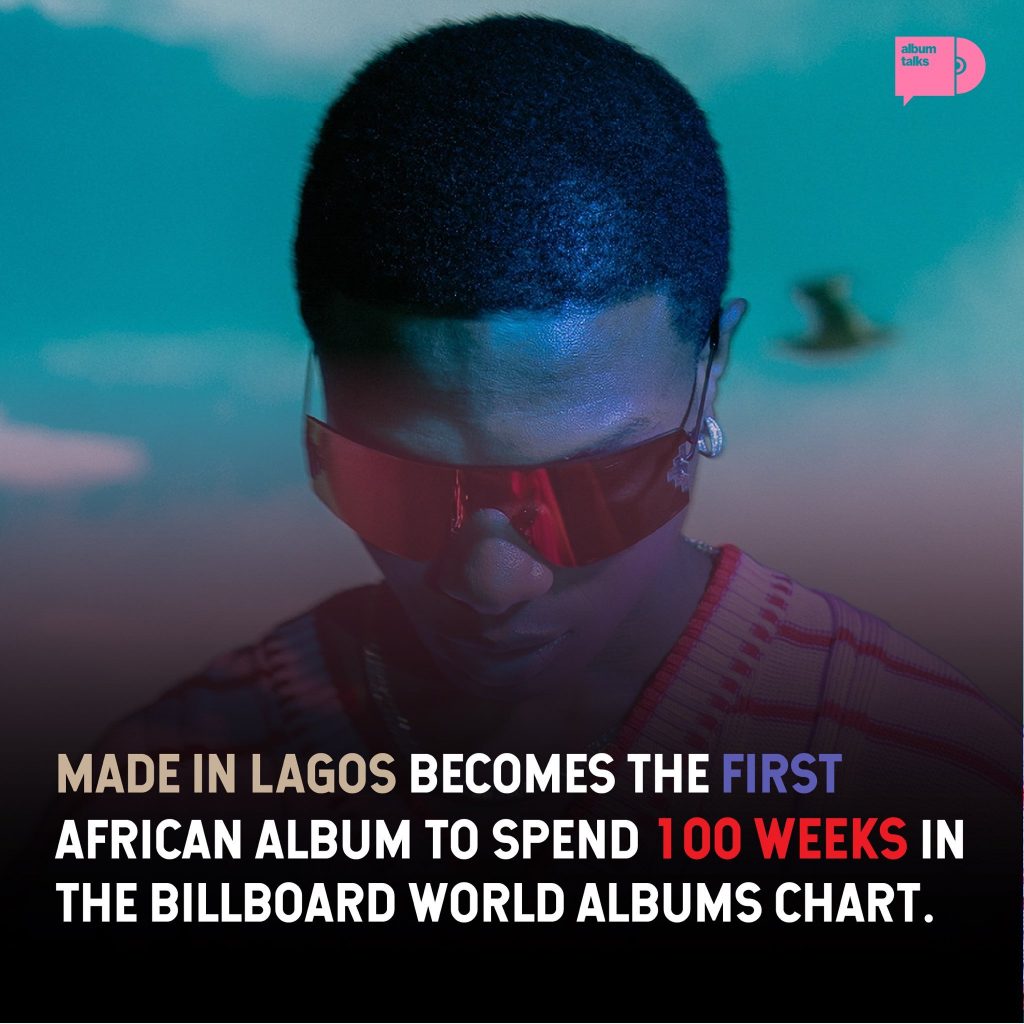
The standout songs; Essence Ft. Tems, Blessed ft. Damian Marley and True Love ft. Projexx & Tay Iwar convey this sentiment quite well. The production on Essence blends Nigerian Alte R&B with mainstream Afrobeats. True Love on the other hand is a soulful Afro-Swing record—a genre that’s the fusion of Afrobeats and Jamaican Dancehall, peppered with influences from trap, Hip-Hop and grime. Other records like Blessed and Sweet One also fits into the Afro-Swing/Afro-Bashment template.
Made In Lagos is essentially the perfection of that Carribean-infused Afrobeats sound that Wizkid initially experimented with on Sounds From The Other Side. Except that album wasn’t much of a commercial success at home or abroad. At home it failed, because it leaned too much on the Caribbean influence, that it alienated Wiz’s primary audience. Abroad, it wasn’t resonant because it was quite formulaic in its approach to Afro-Bashment and didn’t have a distinct element.
It wouldn’t be illogical to infer that Wizkid isn’t done with this sonic phase and his upcoming 5th studio album, More Love Less Ego, could see a further evolution of the sound. Bad To Me, his latest single also sounds cut from the same sonic fabric that MIL originates from, even though it has an Amapiano indented sound. And honestly, who would blame Wiz for harnessing the magic of that same formular that was immensely successful the other time out?
As of now, all we can do is speculate and wait until MLLE drops.
This article is written by T.J. Martins, an Album Talks’ writer.


